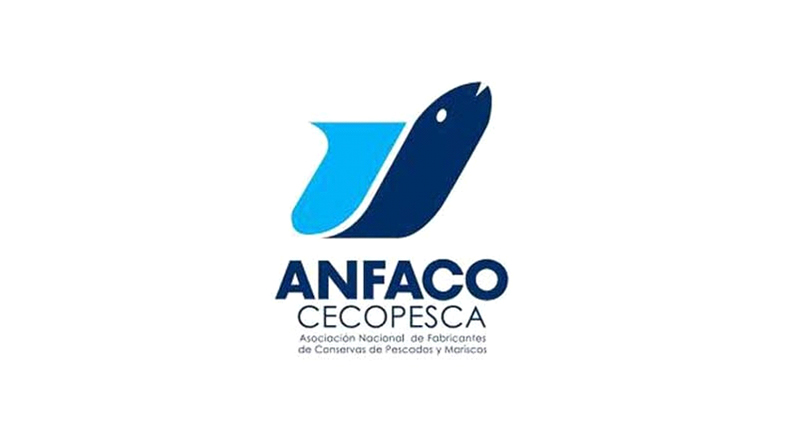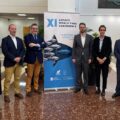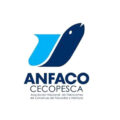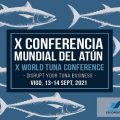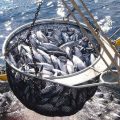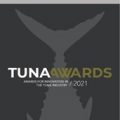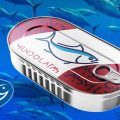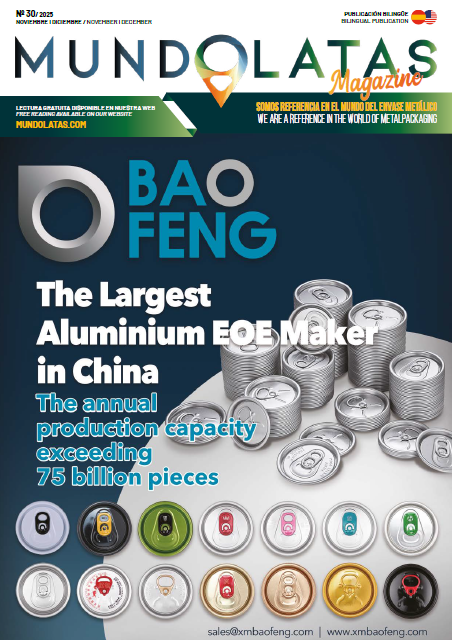The tuna fishing industry is facing a critical period. Among the factors aggravating competitiveness are the long reach of the pandemic, the conflict between Russia and Ukraine, and persistent price increases. These circumstances pose new challenges for a sector with a complicated economy. These are some of the main conclusions reached at the XI World Tuna Conference ‘Leading in uncertain times’ organized in Vigo by the organization Anfaco-Cecopesca.
The association emphasizes that “To reactivate consumption affected by the inflationary spiral is one of the main challenges of a resilient and key industry in the supply of nutritious food. In this regard, it has been proven that scientific data support the fact that the consumption of fish and in particular tuna is a guarantee of greater life expectancy and quality of life. This reinforces the work of the tuna industry in adding value to the category through innovation, positioning as key the need for effective communication and emotional innovation to respond to consumer demand, concerned about health and sustainability”.
Another conclusion is that within the context of sustainability, all parties involved in the tuna industry remain committed to working towards responsible and viable management of marine resources. The pressure on some species and oceans has meant that all stakeholders must adopt conservation and management measures in line with scientific data to ensure that they are properly managed. In addition, digital traceability and digital data management are becoming increasingly important to meet this new demand in this particular area.
It has been shown that the sustainability of fisheries is closely related to the proper allocation of fishing rights and the control of illegal activities such as IUU fishing. Despite this, the current state of the tuna stock is generally satisfactory.
The collection of materials needed for the transformation of tuna is a task currently facing the industry around the world, due to the economic challenges faced, said the congress.
They also add that “The sector is in the midst of a sustainable and digital transformation, so it is agreed that innovation and technology are key to a successful transition. Optimized and intelligently designed vessels can ensure greater efficiency and thus a more sustainable future for fishing. For its part, it has become clear that drone 4.0 technology is a reality to improve fishing efficiency and the sustainability of marine resources. In tuna processing plants, the digital and 4.0 revolution translates into the use of data science, artificial intelligence and the internet of things for higher performance and robotics to increase productivity. Transforming data into knowledge is the basis of connected and smart factories.”
At the XI Anfaco World Tuna Conference, representatives of the tuna sector considered it essential to establish fair trade agreements that are controlled to meet environmental, food safety and social standards to ensure balance in the product value chain.

